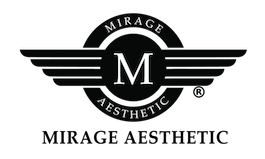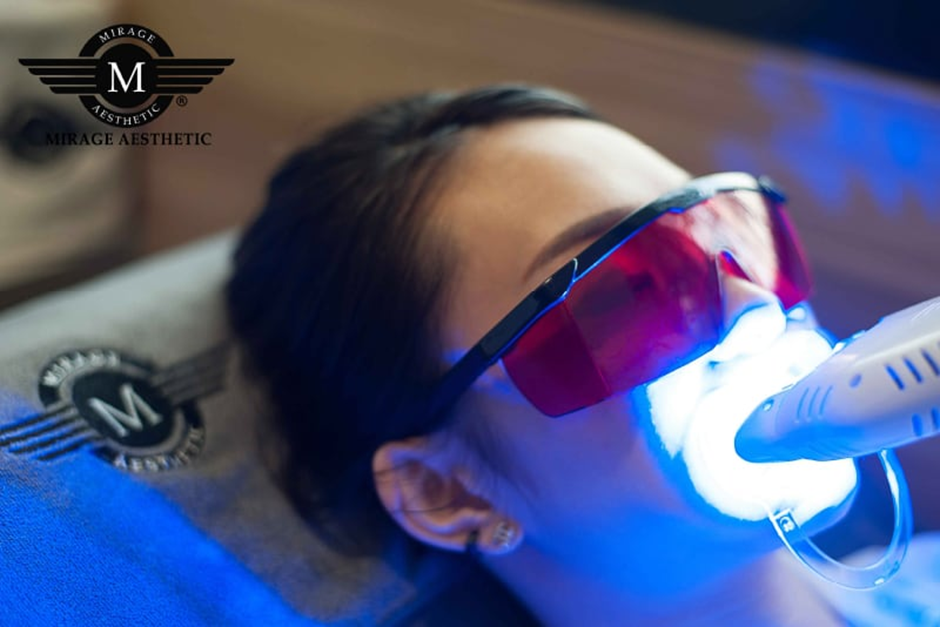Who wouldn’t like a sparkling, white smile? It is more than simply a social media beauty fad; it symbolises good health, making us appear refined, hygienic, and business-like.
As many want teeth whitening, the market has caught up and offers many choices. Regrettably, Singapore now has access to some hazardous materials as well.
We wish to give you a whole picture, including dental treatment’s advantages, disadvantages, and potential risks. Please rest assured that we are not here to undermine your attempts to get whiter teeth. This is to tell you the most effective approaches, with various pricing alternatives available to everyone.
1. Which Tooth Bleaching Alternatives are Accessible Right Now?
While alternatives are available for any budget, some less expensive ones are unreliable and secure. Suppose you purchase a product that contains a prohibited high concentration of the active component. In that case, you risk causing expensive harm to your teeth and gums. So, trying to save money on a whitening procedure may be a false economy.
You might find hydrogen peroxide and carbamide peroxide in a low-cost therapy that you purchase from online or brick-and-mortar merchants. They can be periods or if you use more peroxide than is allowed.
Just 0.1% of hydrogen peroxide is permitted at home and without a prescription. Nonetheless, most of the goods you’ll discover from internet merchants and a select few shops in Singapore only have an average of 3%. Influencers give these products positive reviews and share them on social media, even though some pose a severe risk to your dental health.
2. How Does Peroxide Therapy Work?
Accessible Tooth Bleaching Agents
Speaking of peroxide, let’s discuss that before moving on. Understanding how it functions and when it can cause issues for you is critical.
As you know, shop tooth-whitening products can contain hydrogen or carbamide peroxide. By partially penetrating the layers of the teeth, they function as a whitening agent, dissolving stain molecules.
Some hydrogen peroxide products include concentrations considerably more significant than 3%, which raises concerns that they could eventually cause more tooth issues.
If you’ve ever used one of these items and had tooth discomfort later, it may be because your enamel was damaged.
3. Comparing Carbamide Peroxide to Hydrogen Peroxide
The outcome is similar if you’re trying to decide between hydrogen peroxide and carbamide peroxide.
While hydrogen peroxide functions well independently, it is also present in carbamide peroxide.
The whitening procedure itself is the critical difference.
Using hydrogen peroxide, whitening results are seen in 30 to 60 minutes. Treatments with carbamide peroxide take longer to work but result in an equal amount of whitening.
Your dentist may also employ hydrogen peroxide in treatments, sometimes in concentrations as high as 40%. Because of this, professional therapies are far more successful. When prescribed by your dentist, this more significant percentage is secure for two reasons.
First, your dentist will examine your mouth to ensure your teeth can withstand the procedure. Also, you are either given a recommended take-home kit with detailed instructions, or your dentist performs these procedures.
At Mirage Aesthetic, our dental gel does not contain hydrogen peroxide. Hence the dental treatment does not damage your enamel.
4. Risks of Prohibited Goods that Could Harm your Smile
Risks that May Be Associated with Tooth Bleaching
Using peroxide at home could lead it to reach the dentin of your teeth if you have any undetected fissures in your teeth. This will probably result in discomfort or, at the very least, increased sensitivity.
There are other undesirable effects you could encounter, though sensitivity is by far the most frequent one.
They consist of the following:
- Your gums being burned can eventually weaken and damage your teeth.
- If the peroxide treatment seeps from the tray around your teeth, it could cause scorching or burns to your lips.
- Gastrointestinal pain, including nausea and vomiting, brought on by accidentally eating the bleaching agent
5. For Whom is Tooth Bleaching Inappropriate?
However, Only Some Are Good Candidates for Bleaching.
You would miss out on this crucial information if you purchased a forbidden item directly from a shop. You can waste your money on a product that offers little value. Or worse, you might harm your teeth permanently.
Those with extrinsic tooth stains are the best candidates for bleaching. These stains are caused by red wine, coffee, and other dark liquids that stain your enamel. Extrinsic staining is frequently caused by smoking as well.
Your dentist’s average scale and polish will frequently help lift some of this discolouration. Yet whitening can benefit you much more if you want to increase your whiteness for a radiant smile.
6. What is the Lifespan of Tooth Bleaching?
The effects of tooth whitening are temporary and will fade over time. To maintain results, patients must receive whitening therapy once every 12 months.
The effects of teeth whitening in Singapore might last between six months and two years. Depending on how effectively individuals can control the outcomes by refraining from behaviours that may stain teeth, such as smoking or eating/drinking stained foods or beverages, it varies widely from person to person.
Final Thoughts
You can choose a course of action with knowledge of all your options. If your stains are faint, start your whitening process with a straightforward scale and polish from your dentist.
Numerous solutions are available if the stains could be more manageable or manageable. Naturally, we prefer that you schedule a consultation with Mirage Aesthetic first. This will enable us to assess your teeth’s condition and whether whitening suits you.
Contact us to discuss your alternatives. We are always delighted to offer advice, but you should always feel free to choose what is best for you.







